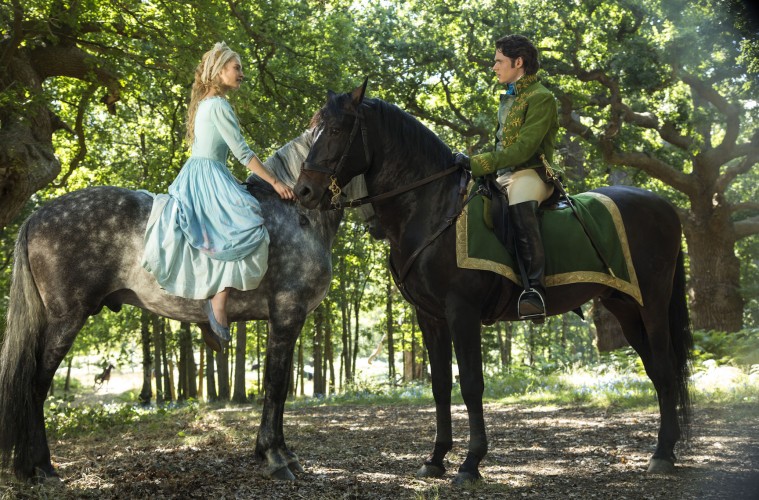I consider myself a feminist. I prefer TV shows and movies that feature complex female characters. It bothers me when the women are relegated to the role of “girlfriend” or only serve as some sort of foil to the dashing male lead. (Maybe it’s one of the reasons why I tend to avoid superhero movies.)
Like most young girls, I was enchanted by fairy tales and wistful imaginings of Disney. I may or may not have sung “Just Around the Riverbend” while riding my Razor scooter around the block. The Disney movies became part of me, feeding my daydreams as I grew up. I usually wait until a TV show has a few seasons under its belt before jumping in, but Once Upon a Time is the first, and only, series I’ve watched right from the pilot. I got to see complex, relatable women struggle and ultimately find success. It’s a win for the feminism column, right?
I’m starting to think it might not be.
The “girlfriend” tropes I despise among female characters are effectively being used in the reverse. From the Disney princess movies, how many of the men had engaging storylines? Hell, how many of them had an actual first name? (“Prince Charming” doesn’t count, by the way. Not unless Disney comes out with a “Princess Sexpot” to even the score.)
It wasn’t until I started criticizing the story arcs of the male leads in Once that I really stopped to reflect on the role men played in these Disney princess stories. In the spirit of Emma Watson’s #HeforShe campaign, I would love for guys to admire the strength of the female characters in entertainment, but how can I expect them to do so when the movies with complex female characters are saddled with one-dimensional men? It reminds me of petty childhood fights where you might steal a sibling’s video game because he stole your favorite book. Sure, you’ve evened the score, but it just makes everyone a loser.
In all fairness, there are hints that the tide is indeed turning. Unlike nearly every other Disney leading man, Kristoff isn’t just a cartoon version of a male dreamboat. He’s dressed practically for cold weather, he talks to a reindeer, and he has a family of rock trolls. He’s the relatable Jennifer Lawrence of male Disney characters. Disney certainly gets props for that.
However, that doesn’t change the fact that most of Disney canon relies on rehashing several male stereotypes, alienating part of the demographic. There aren’t any schlubby guys or lanky guys that have a chance at getting the girl. They’re often domineering figures who resort to physical violence to defeat an enemy at the climax of the movie. Aladdin needs to defeat Jafar. The Beast needs to protect Belle. Simba needs to fight to be king of Pride Rock. Their physicality is what defines them as “men” above all else. There are far too few Milo Thatches of the world, whose dominant personality traits are curiosity and intelligence.
Boys are trained to believe that the hero is someone who’s powerful, physically dominating, and infallible. You can’t be introverted. You can’t be horrible at sports. You can’t be a weirdo. Heroes don’t fall outside of the stereotypical version of masculinity, and because those tend to be unattainable standards, it’s no wonder there’s a disconnect between the movies and the male audience. They’re one-note characters with predictable arcs. How lame is that?
Once Upon a Time seems to have fallen into this dead-end track as well. When was the last time David, our lead male hero, had a serious, multi-episode storyline? What has Hook done aside from simpering at Emma’s side? When was the last time Rumple had a legitimate conflict with a character outside of Belle? These male characters have all fallen into a rut, waiting to play sidekick to an Emma or Regina storyline. Even on TV, Disney struggles to know how to create three-dimensional male characters.
I’m tired of dealing with gender inequity in entertainment. I want to find a complex female character I can root for in a James Bond film. (Frankly, how awesome would it be if they had a female James Bond? “James” isn’t that unusual for a girl—that’s all I’m saying…) And I want guys to find someone interesting to root for in Disney lore: someone who feels real, who feels like someone you know from school or your neighborhood. . We look to entertainment to help us feel like we’ve lived a thousand lives. Like we’ve traveled to places we may never see in real life and have adventures just beyond our grasp. Male or female, we need characters who we can connect with to truly understand the magic of storytelling.
Featured image via Disney.


